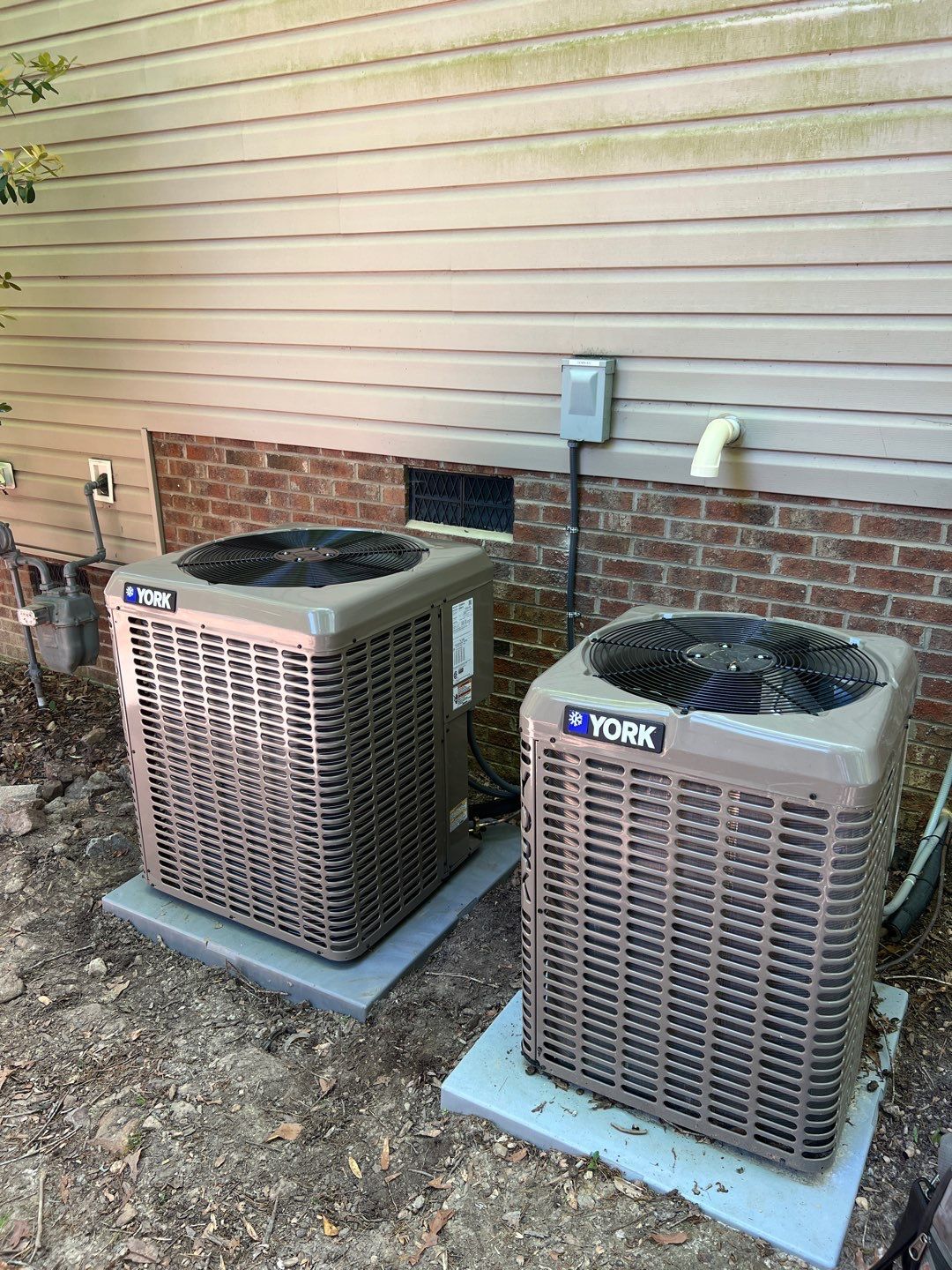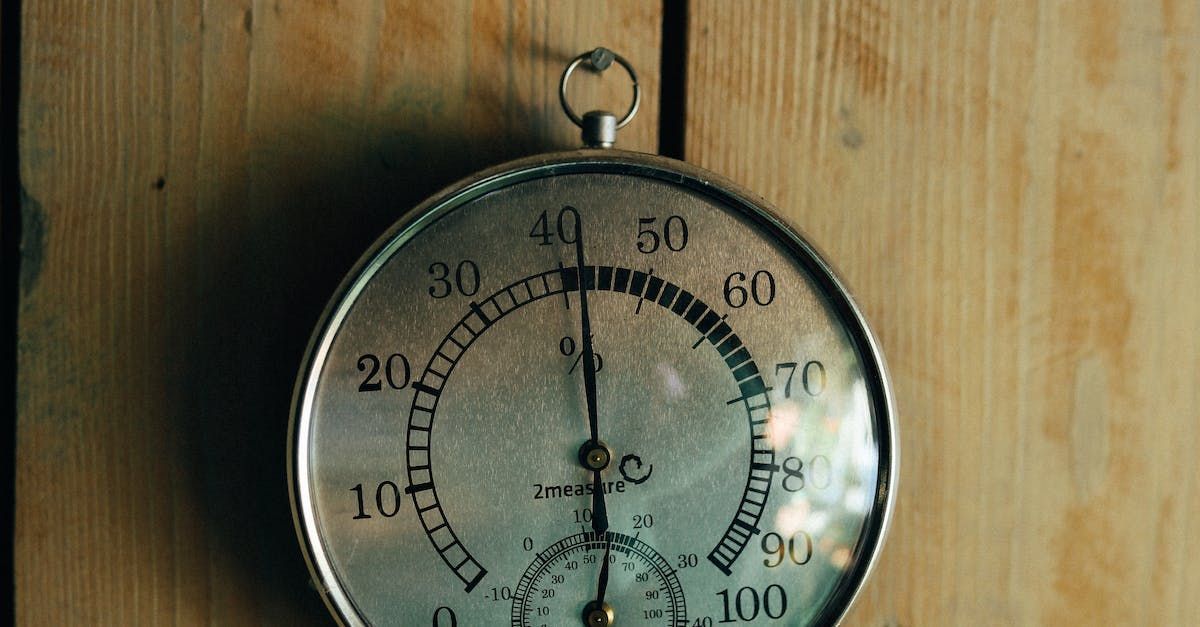How does a heat pump work?
We recently posted about compressors and their function in air conditioners and keeping your house cools during the summer months, but did you know heat pumps use very similar (pretty much identical) technology (just in reverse) to keep you warm all winter?
In this post, we’ll dive in and explain the magic that heat pumps use to keep your home toasty.
Not magic—refrigerant!
Now you might think refrigerant should be a cooling substance (if you’re thinking along the lines of a refrigerator). You’re not alone, and it’s certainly crucial for cooling spaces as well.
However, a better way to think of refrigerant is as a substance that is optimized to transfer heat. It’s so good at its job because in its low-pressure (liquid) state, refrigerant is a cool substance that cools the coils through which it flows and, in turn, cools the air around the coils. On the other hand, when refrigerant is compressed, it turns into a hot gas, which can then be cooled using a fan.
This refrigerant cooling process can either be used to heat or cool your home. If you want you home cold, cool the hot refrigerant off outside and let the heat from the gas blow off into the ether! But if you want to keep your house warm, just do the opposite: blow the heat off with the fan that blows air through your duct works
With a little help from a compressor
Okay, so how does the refrigerant switch from its high pressure state (where it can efficiently release heat) into its low pressure state (where it can efficiently absorb heat), and vice versa?
This is where the compressor comes in. It pressurizes refrigerant, turning it into a hot gas that can be easily cooled (releasing heat into the air) with a fan. In a heat pump, that cooling occurs indoors, blowing the heat throughout your ducts and into your rooms. When the refrigerant cools, it enters its liquid state and gets pumped back outside to absorb heat. As the refrigerant warms, it enters a low-pressure gaseous state. That vapor flows back into the compressor, which compresses the refrigerant (into a hot, high-pressure gas) so that it can pump it back inside to complete the process.
What to do if you suspect a problem with your compressor?
If your heat pump is malfunctioning or failing to warm your home, it’s important to call a pro to diagnose the situation and offer you some options. It’s important to never try to work on a compressor or parts containing refrigerant yourself, as refrigerant is extremely toxic and can damage your health without you even noticing. Always work with licensed and experienced HVAC technicians. If you’re in the Wendell, North Carolina area, we hope you’ll consider us!




